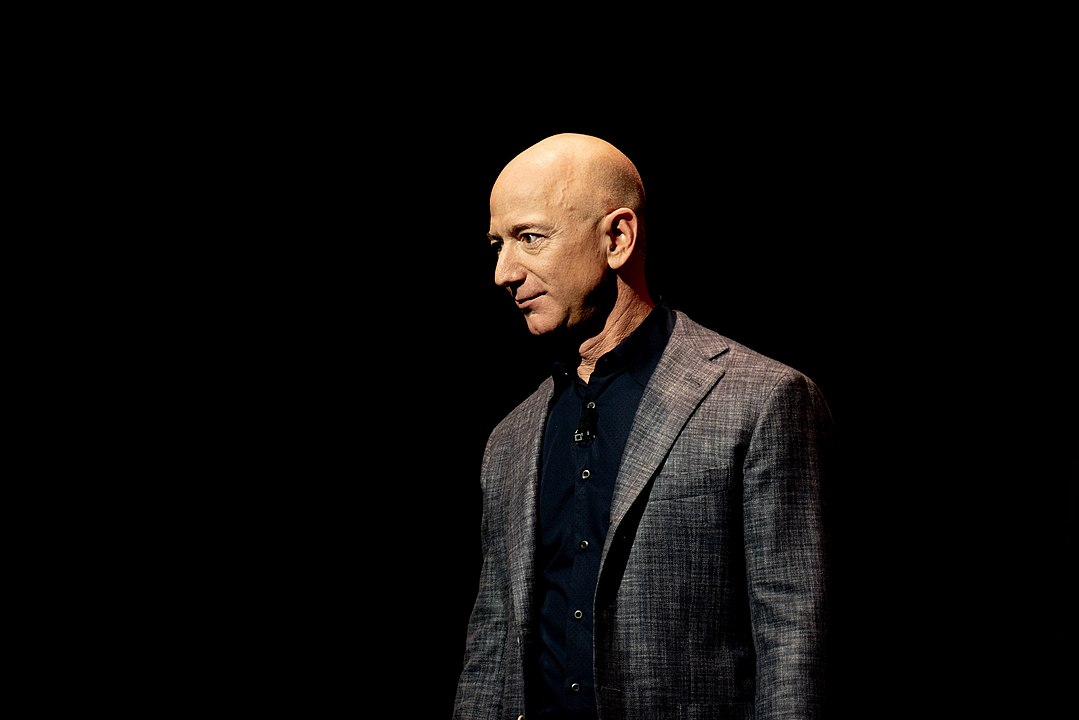According to Forbes, Jeff Bezos has an estimated net worth of $136.1 billion at the time of writing, making him one of the richest people on the planet. Most of Bezos’ wealth stems from his shares in Amazon, which he founded in 1994 from his garage in near Seattle, Washington. Behind the success of Amazon and, in turn, its founder, is innovation, creativity, and hard work. Let’s take a deep dive into how the e-commerce giant and its founder made it to the top.
Early Life: Bezos Before Amazon
Jeff Bezos was born in Mexico to teenage parents Jacklyn and Ted Jorgensen. Not long after his birth, Bezos’ parents separated and his mother married Miguel Bezos. As he grew up, Bezos developed a sharp interest in computer science, though spent much of his early years working on his maternal grandparents’ ranch in Texas.
In the mid-80s, Bezos graduated summa cum laude from Princeton University, with degrees in computer science and electrical engineering, and went on to join startup Fitel after declining job offers from both Intel and Bell Labs.
By the age of 30, Bezos was on a six-figure salary, but his realisation that the world of web was then growing at 2300% pushed him to start his own company — Amazon.
“We are stubborn on vision. We are flexible on details” - Jeff Bezos
How Bezos Founded Amazon
Once Bezos had realised the expansive possibilities of the web, he created a list of 20 potential products he believed could sell well online. He realised that even the largest bookstores could stock just a few hundred thousand books at one time — only a fraction of the almost infinite number of titles truly available. Books were Bezos’ winner.
In 1994, Bezos took his idea to Seattle, home to a huge pool of high-tech talent and within close proximity to Ingram Book Group’s Oregon warehouse. With $1 million raised from friends and family, Bezos rented a house in the city and established his new online book business from his garage.
For almost a year, Bezos and a team of five employees worked from the Seattle garage, learning how to source books and creating a computer system that would make Amazon.com easy to navigate. It called itself “Earth’s Biggest Bookstore” with over 1 million titles for customers to choose from. By September 1996, Amazon.com had over 100 employees and had made over $15.7 million in sales.
Following Amazon.com's launch, Barnes & Nobles was quick to launch its own online presence and a marketing campaign claiming it offered twice as many books as Amazon. However, Bezos had already expanded Amazon’s product line and changed the e-commerce’s tagline to "Books, Music and More”.
Thanks to its relentless expansion strategy, in 2019, Amazon was believed to control 37% of all online retail sales. And, as of July 2022, Amazon has a market cap of $1.105 trillion, making it the world's 5th most valuable company by market cap according to companiesmarketcap.com.
Why Is Amazon So Successful?
There are many reasons why Amazon is one of the most successful businesses in the world, though the primary reason is generally considered to be its devotion to customer experience. Amazon makes shopping quick and easy. Its every move comes back to its customer-centric philosophy. Its goal is to be the most customer-centric company in the world.
"Our vision is to be the world's most consumer-centric company, where customers can come to find anything they want to buy online" - Jeff Bezos
Other reasons for Amazon’s success include its:
- Huge product range
- Quick and easy delivery
- Release of innovative technology, such as the Kindle, Amazon Alexa, and Amazon Fire TV
- Its 14 leadership principles
While Jeff Bezos stepped down as Amazon’s CEO in 2021, his name will always go hand-in-hand with the e-commerce giant's status as one of the globe’s top companies.
According to Bezos, one of the key lessons he learnt while building Amazon was “that success can come through iteration: invent, launch, reinvent, relaunch, start over, rinse, repeat, again and again,” he said, adding that “the path to success is anything but straight.”
[ymal]











